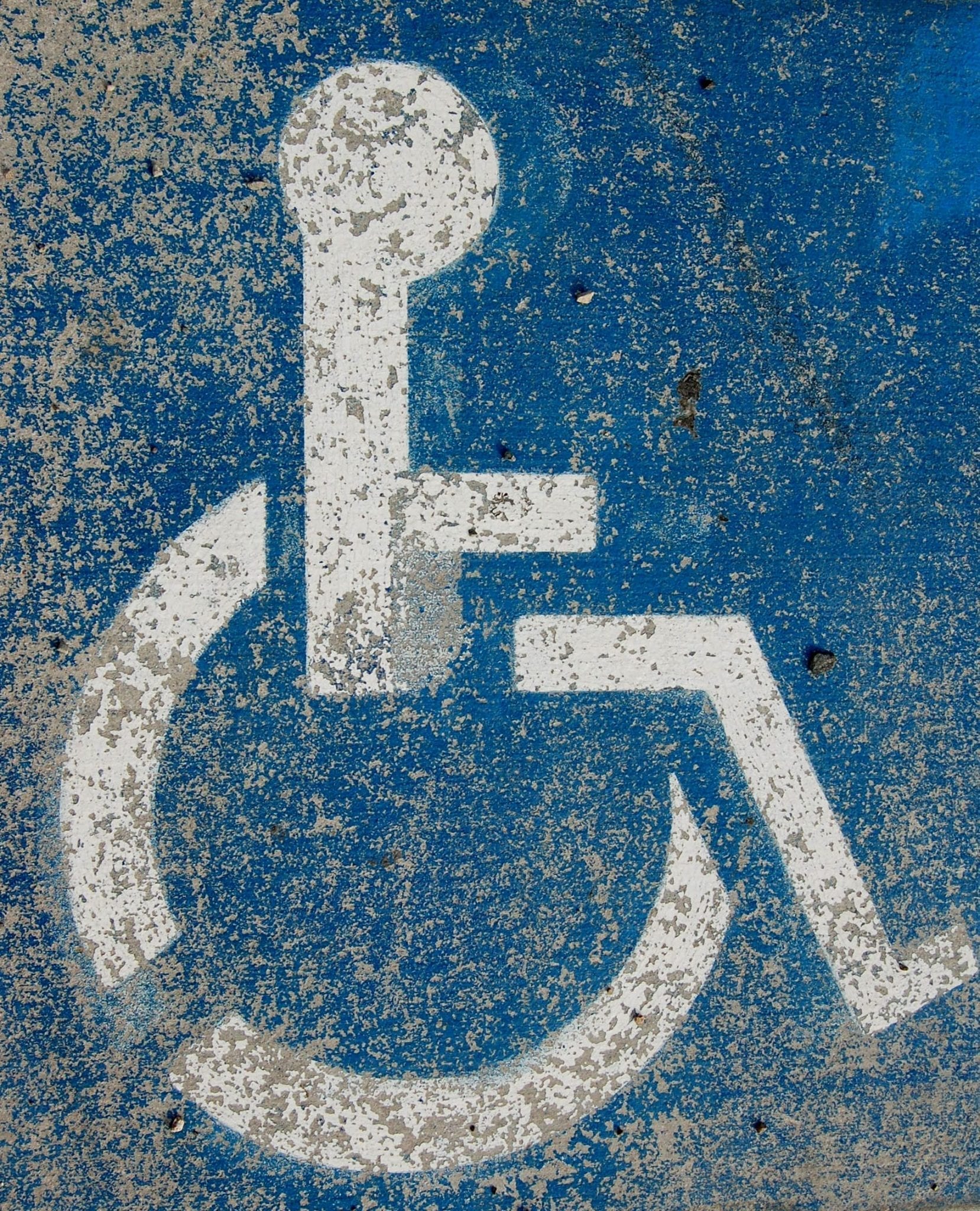Federal Act Doesn’t Account for Everything Disabled Patients Need
The Affordable Care Act (ACA) was rolled out to update certain standards for accessible medical treatment patients still need within the Americans With Disabilities Act (ADA), enforced by the U.S. Justice Department. However, the Trump administration halted action on important changes in late 2017 as part of overall efforts to roll back regulations.
“I was in shock when I heard that [Attorney General Jeff] Sessions’ Justice Department had pulled back on their rulemaking,” said Lisa Iezzoni, a professor of medicine at Harvard Medical School, who has used a wheelchair for twenty years because of multiple sclerosis.
According to Iezzoni, she has never been weighed properly because her doctor’s office doesn’t have the proper equipment to account for the fact that she is in a wheelchair. This means her treatment plans, and even prescriptions, have been based on guesses for the past two decades.

Denise Hok, 54, who lives in Colorado Springs and also uses a wheelchair, often opts for home health care because “it feels like it doesn’t really matter if something is wrong.” When offices don’t have the needed equipment to properly accommodate those who are disabled, she said, it “sends a message.”
The ADA, a 1990 civil rights measure designed to prohibit discrimination, requires all public places to be handicapped accessible, but the law applies to only fixed structures and doesn’t address “furnishings,” or anything not attached to a building. Because of this, many businesses need to be accessible, but important ancillary accommodations in the medical industry are not accounted for, said Megan Morris, an assistant professor in the Department of Family Medicine at the University of Colorado.
The ACA directed a federal panel, the Architectural and Transportation Barriers Compliance Board, or Access Board for short, to take steps toward establishing standards for determining what medical equipment could be deemed “accessible.” However, the Justice Department’s decision in December only reinforces the disparities in how people with disabilities are treated.
Also, in a 225-192 earlier in 2018, most House Republicans and a dozen Democrats passed a bill, the ADA Education and Reform Act, or H.R. 620, which makes it harder for disabled persons to sue for discrimination. The American Civil Liberties Union (ACLU) responded by calling this measure unacceptable. “This scheme removes the business’s incentive to proactively ensure that it is accessible to people with disabilities,” it said. “Instead, businesses will simply wait until someone’s right to access is violated and notification is received before making the change they were already obligated to make.”
It certainly appears that those with disabilities are getting the shaft under the current administration. Many have reported feeling “icky,” as if their medical providers don’t want to touch them to examine them, said Morris, based on her research. She said that this takes a toll on a patient’s mental health and deters them from seeking medical attention until absolutely needed.
However, those on the inside are quick to defend their positions as caregivers, saying they understand what patients need and work toward addressing any issues. They simply haven’t been given updated standards to reference.
“I think that all of us want to take the absolute best care of our patients, we want to account for patient needs,” said Michael Munger, president of the American Academy of Family Physicians.
Sources:
For the disabled, a doctor’s visit can be literally an obstacle course — and the laws can’t help
HOUSE VOTES TO GUT THE AMERICANS WITH DISABILITIES ACT TO NIP ‘ABUSIVE LAWSUITS‘


Join the conversation!